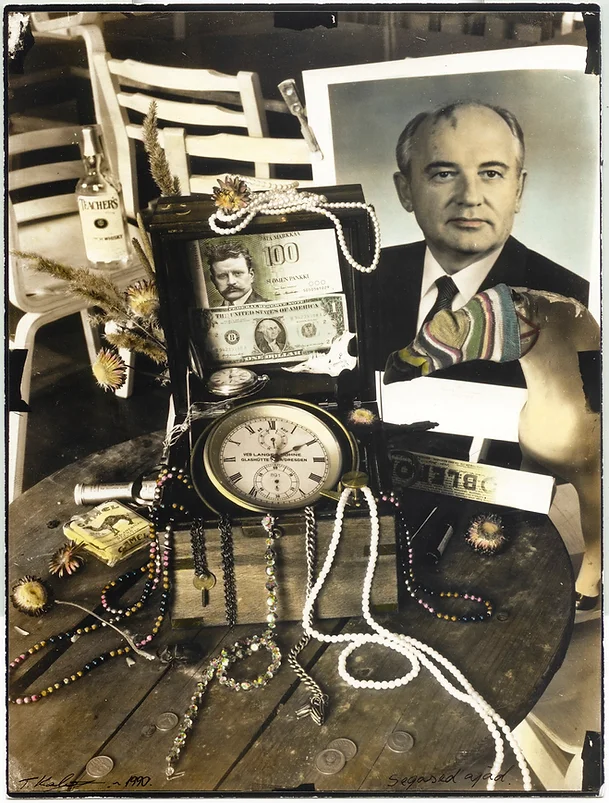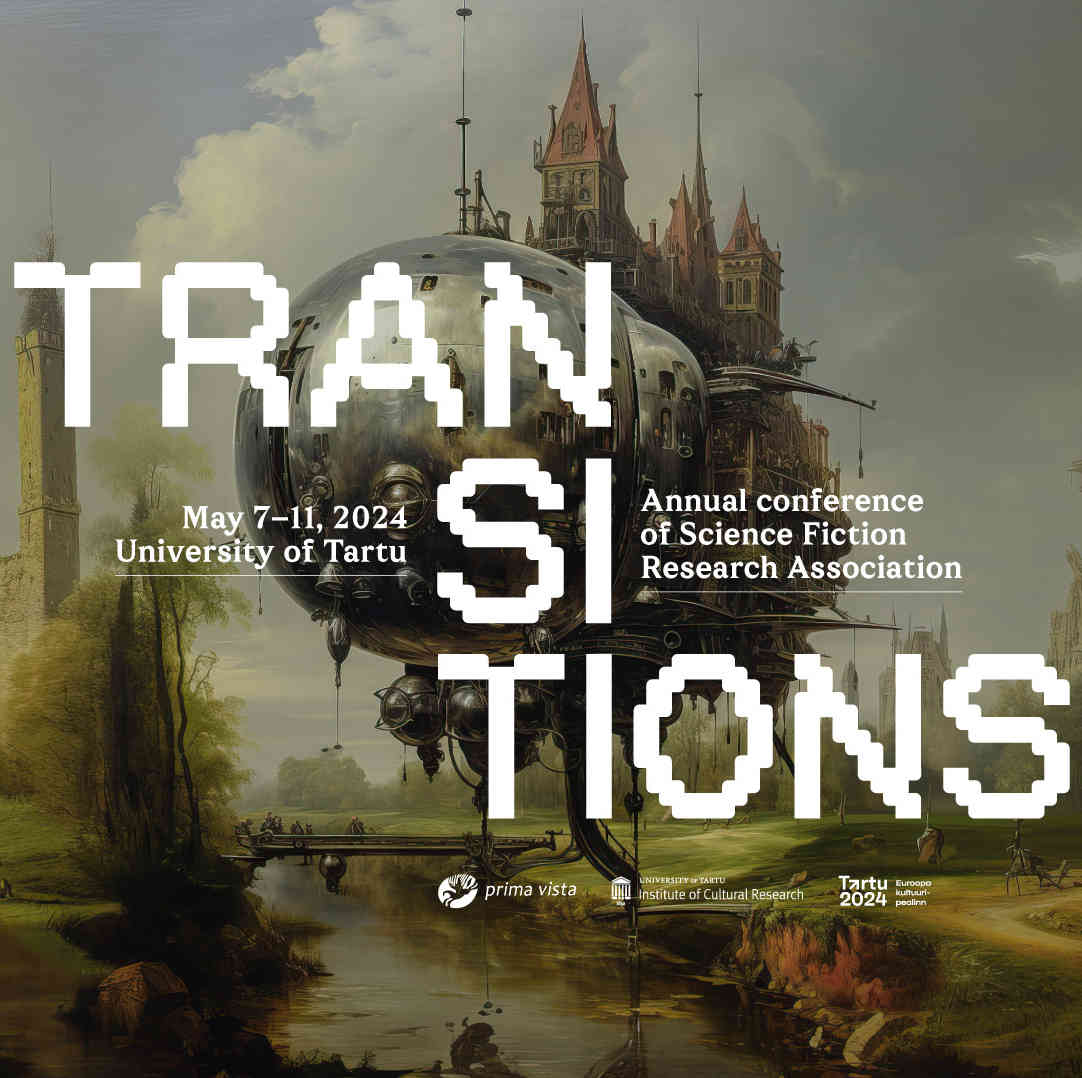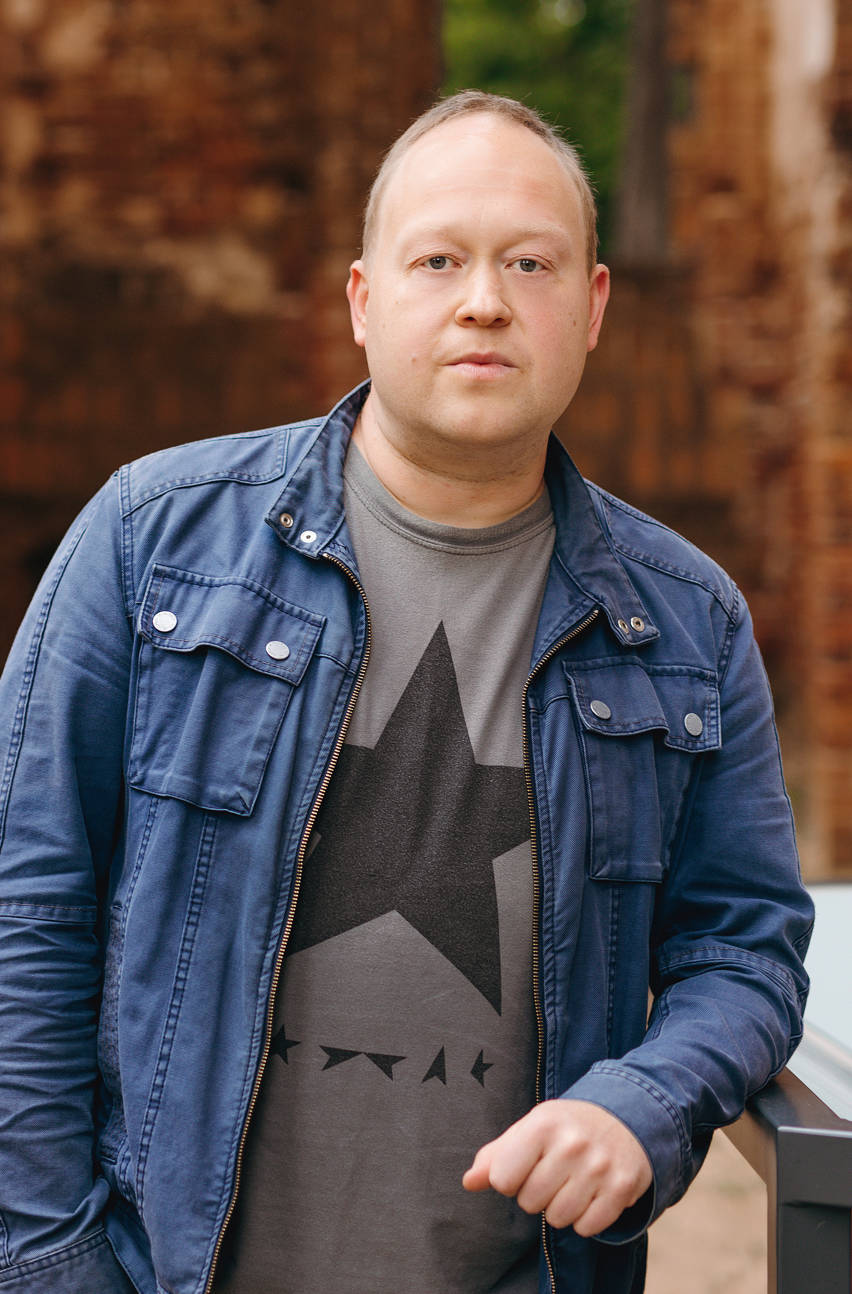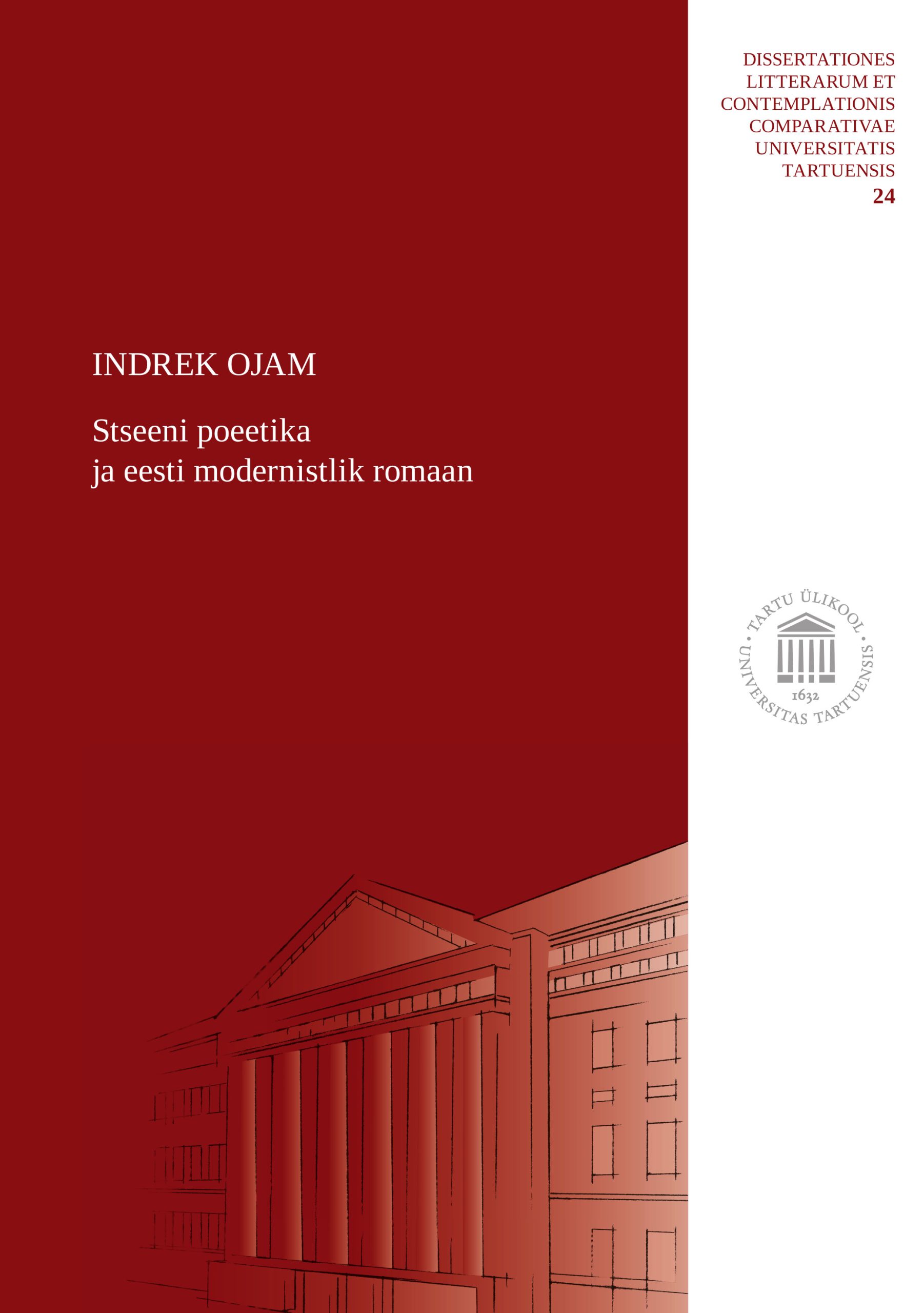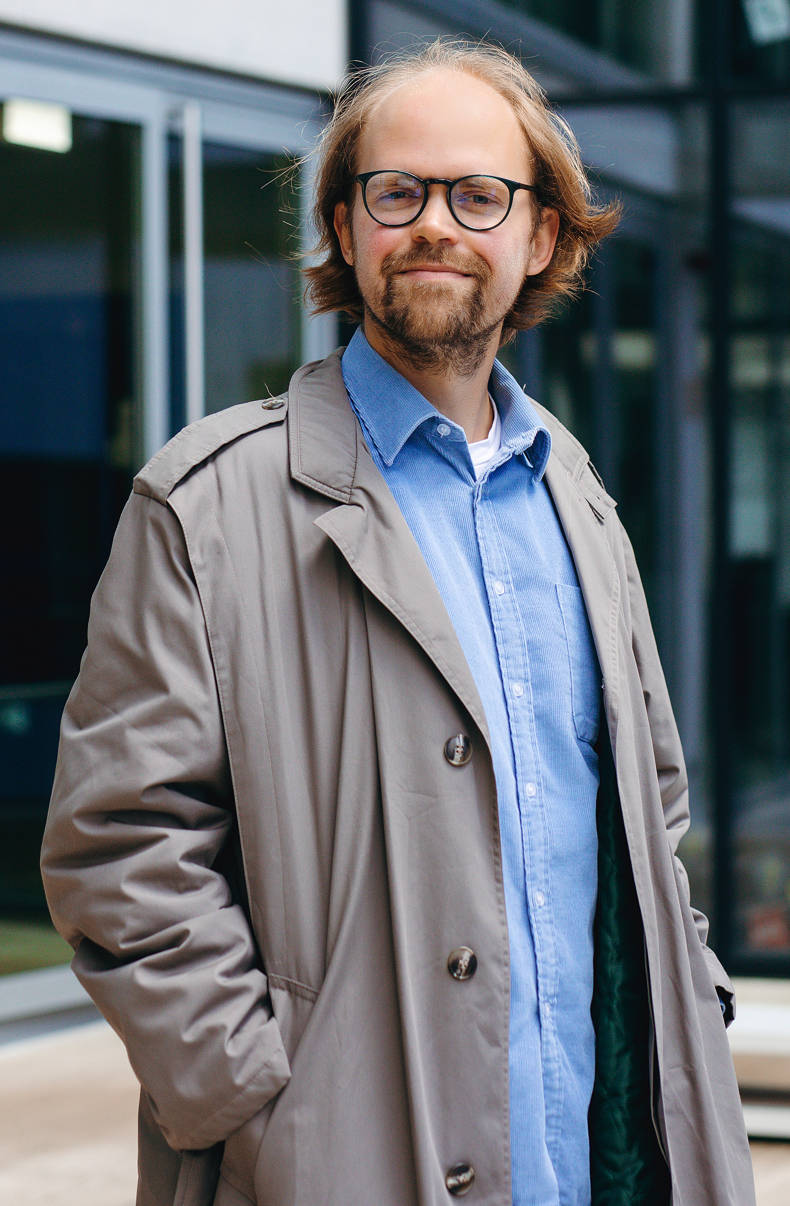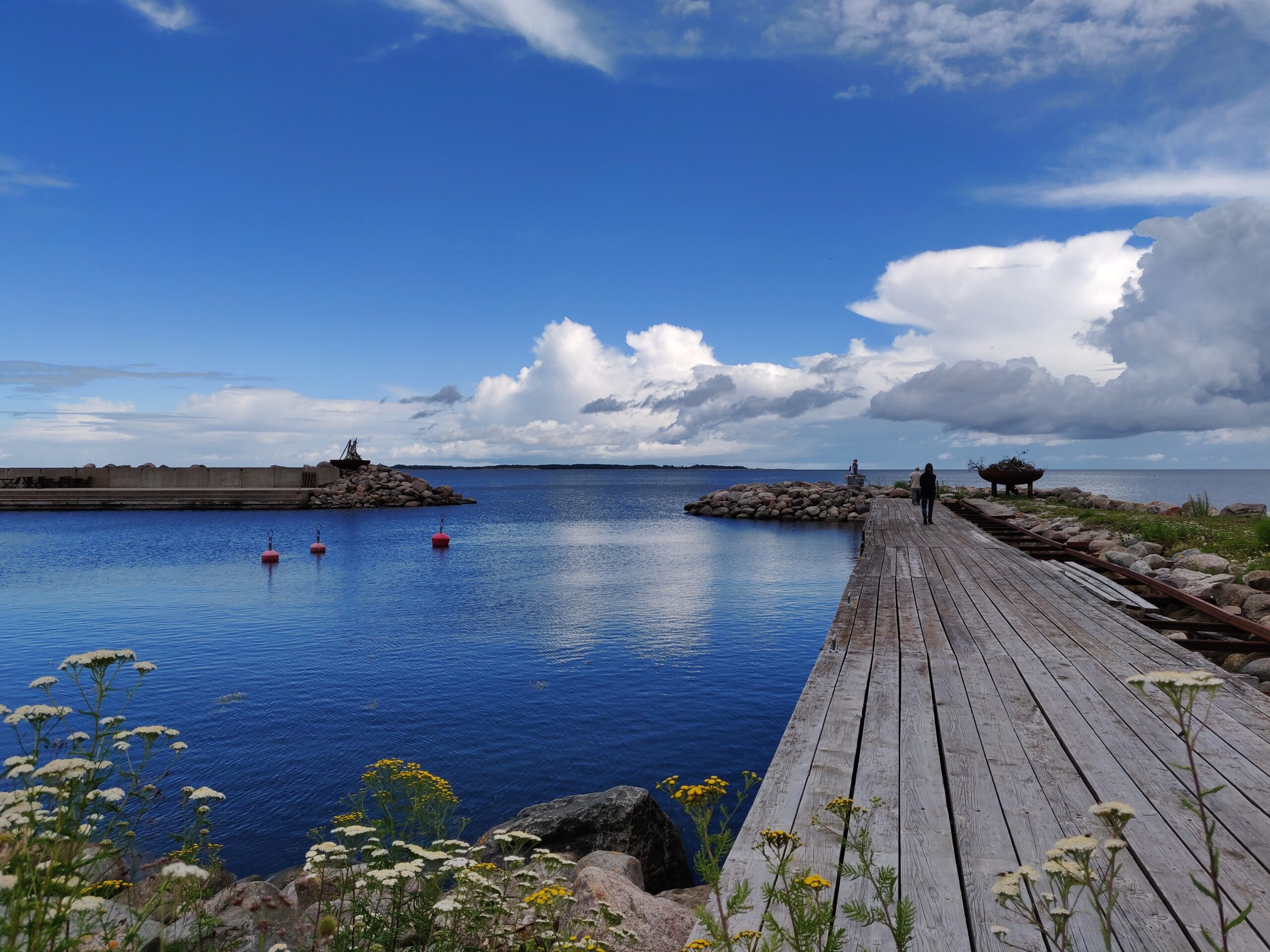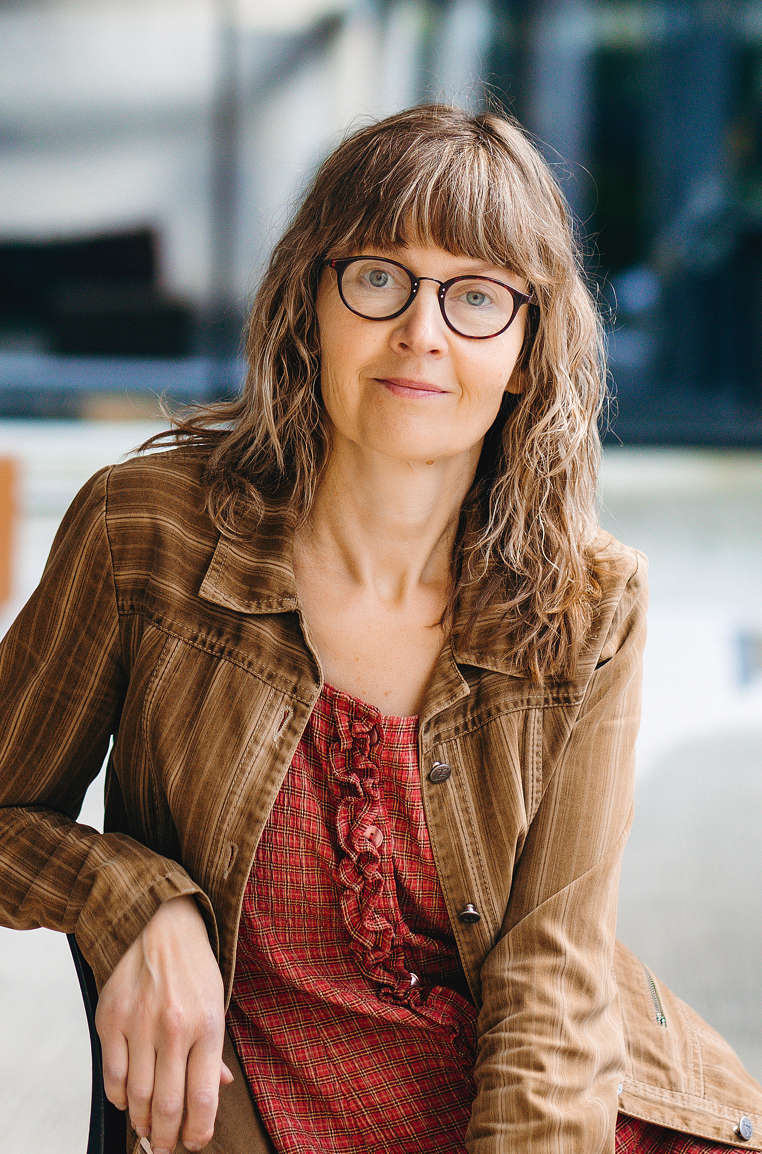Cultural Heterologies and Democracy II. Transitions and Transformations in Post-Socialist Cultures in the 1980s and 1990s
Tallinn, June 26–28, 2024
The conference “Cultural heterologies and democracy II” took place at the Estonian Academy of Arts (Põhja puiestee 7, Tallinn, Estonia).
Keynote speakers’ presentations:
Marju Lauristin (professor emeritus, University of Tartu, Estonia),
“Analyzing Culture in Transforming Society: A Morphogenetic View” (video)
Dorota Kołodziejczyk (University of Wrocław, Poland),
“The Relentless Law of Recurrence: Right Populism Against Postcommunist Anarchic Heterotopias” (video)
Gulnaz Sharafutdinova (King’s College London, UK),
“The Post-Soviet Cultural Mélange: Looking for the Missing Ingredient in Russia and Beyond” (video)
*
The 1980s and 1990s were marked by events around the world that radically changed the political order, people’s beliefs and attitudes, and the entire cultural and intellectual orientation of much of the globe. The fall of the Berlin Wall, the collapse of the Soviet Union, and the end of the Cold War stand out as the most important changes, in the shadow of which the events in Yugoslavia and important changes elsewhere are often overlooked by European commentators. These events, taken as a whole, have been seen as part of broader processes of democratization, even as, at the same time, this period was also marked by outbreaks of extreme nationalism and radical religious ferment.
The planned conference invites participants to reflect on the following questions:
– In what ways does democracy manifest itself in the culture of the transitional period of the 1990s?
– What are the common features and differences of the transition period in different post-socialist countries?
– What different theoretical frameworks can be used to analyze the culture of this period?
– What are the new forms of cultural negotiation between different cultural traditions and elements?
– How might we describe the way cultural imaginaries and experiences of temporality have changed?
– Which transgressive tendencies arose to challenge the narrative of imaginary unity between different cultural spheres?
– How is one to describe the dynamic of the forces at play in the transition between the mentality of social collectivism and the new liberal individualism?
– How, if at all, has the Russian invasion of Ukraine on 24 February 2022 altered understandings of the transition period and its narratives?
Organizing Committee:
Virve Sarapik, Estonian Academy of Arts
Epp Annus, Tallinn University
Luule Epner, Tallinn University
Regina-Nino Mion, Estonian Academy of Arts
Jaak Tomberg, University of Tartu
Piret Viires, Tallinn University
The conference is being organized by the Research Group of Contemporary Estonian Culture, which unites scholars from the Estonian Academy of Arts, Tallinn University and the University of Tartu. The research is funded by the Estonian Research Council Grant PRG636 “Patterns of Development in Estonian Culture of the Transition Period (1986–1998).”
Conference sponsors:



